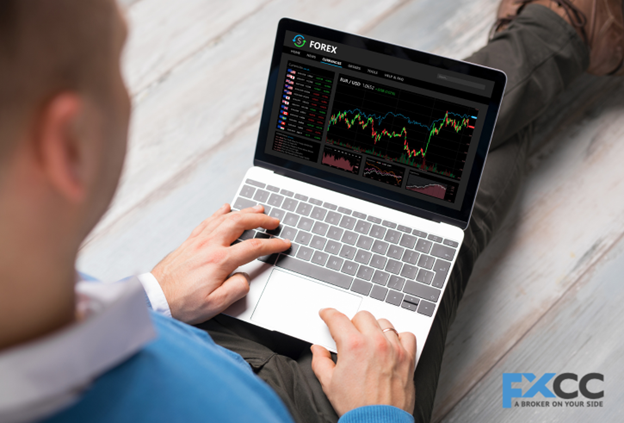Forex trading, the big money game where people buy and sell currencies, sounds exciting, right? But here’s the thing: if you want to be good at it, you’ve got to do your homework. Let’s talk about why doing research on the forex market can help you make smarter trades and avoid costly mistakes.
Introduction
Doing research on the forex market means studying all the stuff that affects currency prices. It’s like digging into the news, economic reports, and other info to figure out where currency values might be headed. Sounds like a lot of work, but trust us, it’s worth it.

Understanding Forex Market Research
Okay, so what exactly is forex market research? It’s basically looking at a bunch of different things to figure out what’s going on with currency prices. This includes stuff like:
Spotting Trends
First off, you want to be able to see if a currency is going up, down, or staying the same. Knowing this helps you decide when to buy or sell.
Gauging Market Mood
Believe it or not, the forex market has feelings too! It can be happy (bullish) or sad (bearish), and these moods can affect prices. So, it’s important to pay attention to what other traders are feeling.
Studying Economic Signs
Economic reports, like job numbers or inflation rates, can give you clues about where a currency might be headed. If a country’s economy is doing well, its currency usually gets stronger.
Why Forex Market Research Matters
So, why should you bother with all this research stuff? Here are a few good reasons:
1. Minimizing Risks
By doing your homework, you can avoid making big mistakes that could cost you money. Research helps you see potential problems before they happen.
2. Maximizing Profits
When you know what’s going on in the market, you can take advantage of good opportunities to make money. Research helps you find those opportunities.
3. Making Better Decisions
When you understand what’s driving currency prices, you can make smarter decisions about when to buy or sell. This can help you avoid getting caught up in hype or panic.

Tools and Tricks for Forex Market Research
So, how do you actually do forex market research? Here are a few tools and techniques you can use:
Technical Stuff
Some traders like to use fancy charts and graphs to predict where prices are headed. It’s kind of like reading tea leaves, but with numbers.
Basic Understanding
Others prefer to keep it simple and just focus on the basics, like economic reports and news headlines. Sometimes, less is more.
Keeping Track
No matter how you do it, the key is to stay organized and keep track of all the information you gather. That way, you can spot trends and make better decisions.
Creating a Forex Trading Plan
Once you’ve done your research, it’s time to put it into action. This means coming up with a plan for how you’re going to trade. You’ll want to think about things like when to buy, when to sell, and how much money to risk on each trade.
Wrapping Up
So, there you have it: why doing research on the forex market is so important. By staying informed and making smart decisions, you can increase your chances of success and avoid costly mistakes. So, next time you’re thinking about making a trade, don’t forget to do your homework first!
FAQs
Why is forex market research important for traders?
Doing research helps traders make informed decisions and avoid costly mistakes.
What tools can traders use for forex market research?
Traders can use technical analysis, economic reports, and news headlines to gather information about the forex market.
How can forex market research minimize risks?
By spotting potential problems before they happen, traders can avoid making big mistakes that could cost them money.
Can forex market research help maximize profits?
Yes, by identifying good trading opportunities, research can help traders make more money.
What’s the best way to get started with forex market research?
The best way to get started is to gather as much information as you can and then analyze it to see what it tells you.


